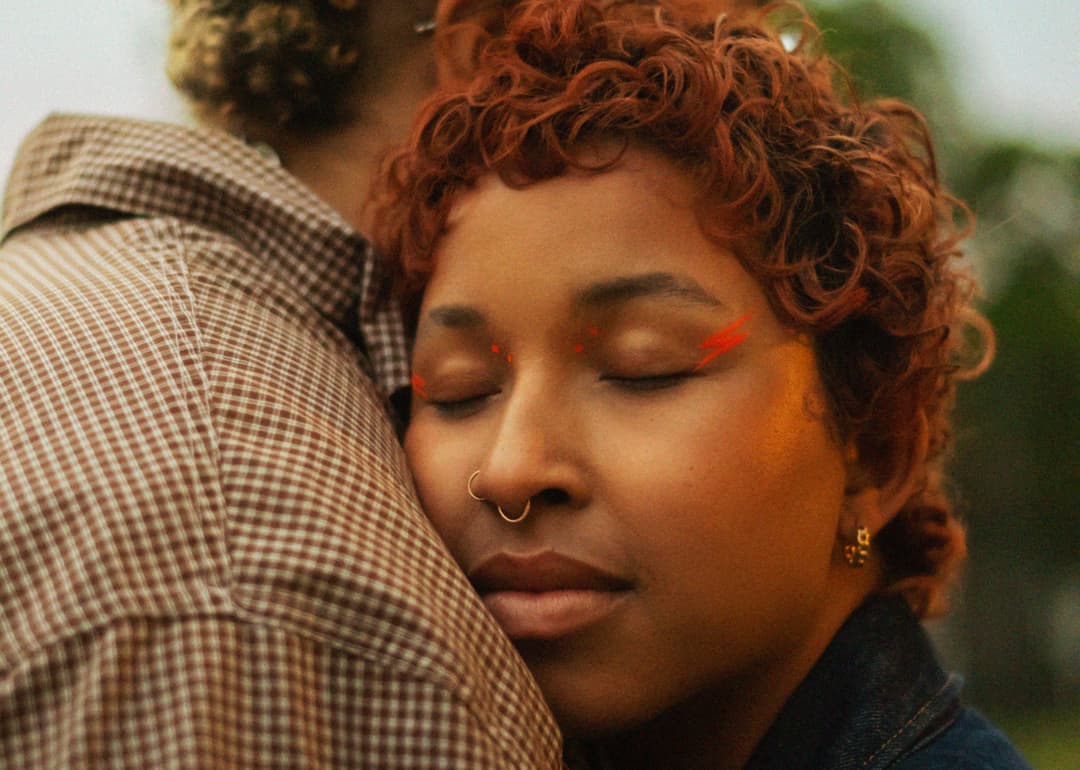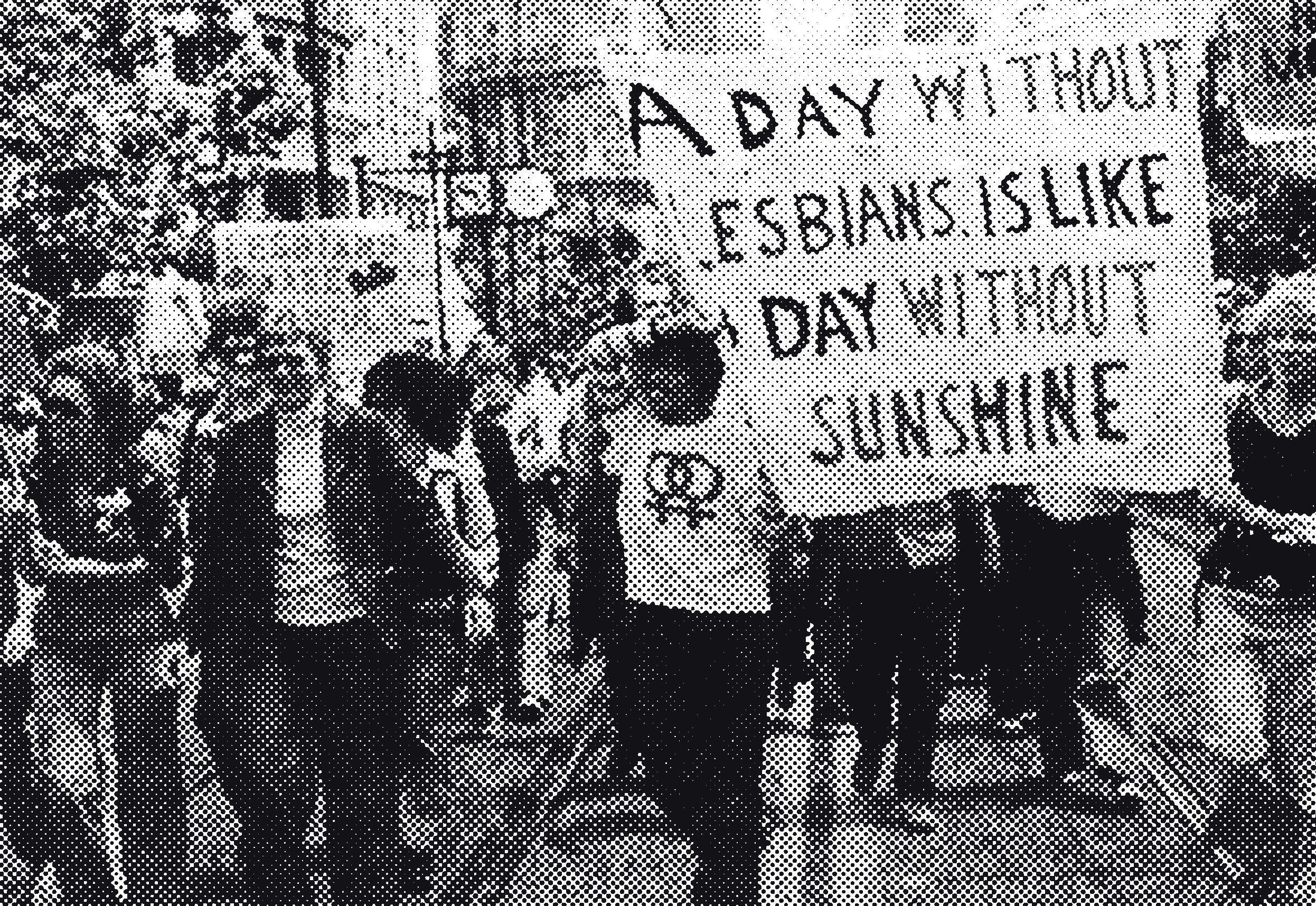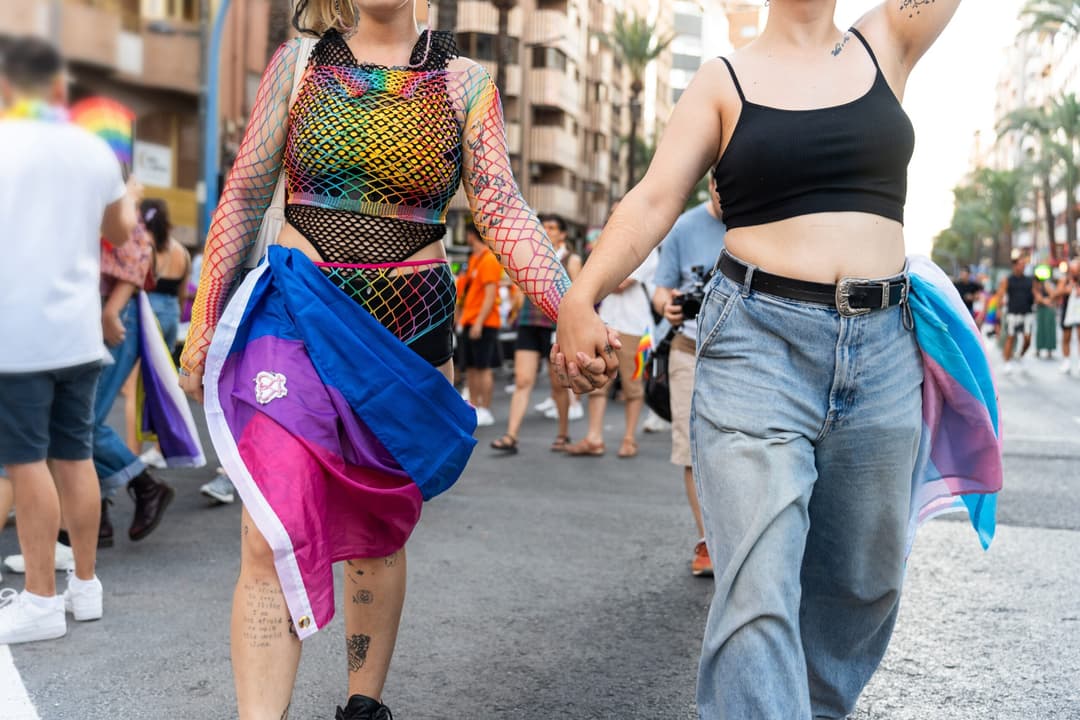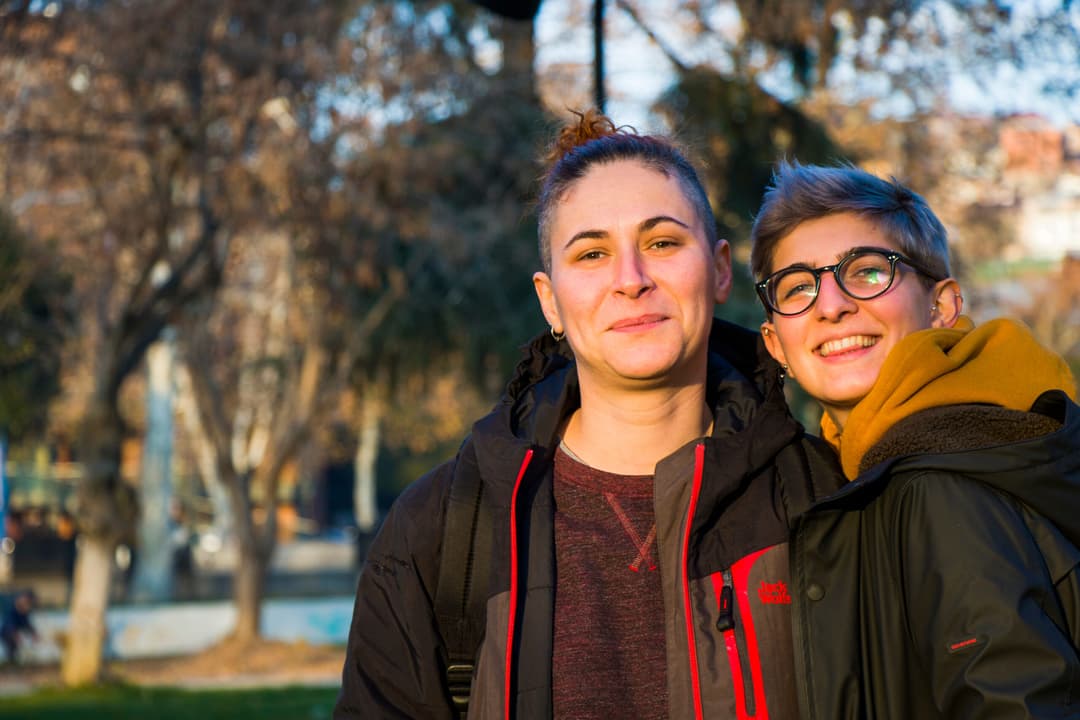Breaking the Silence: Staying Safe and Strong in LGBTIQA+ Relationships
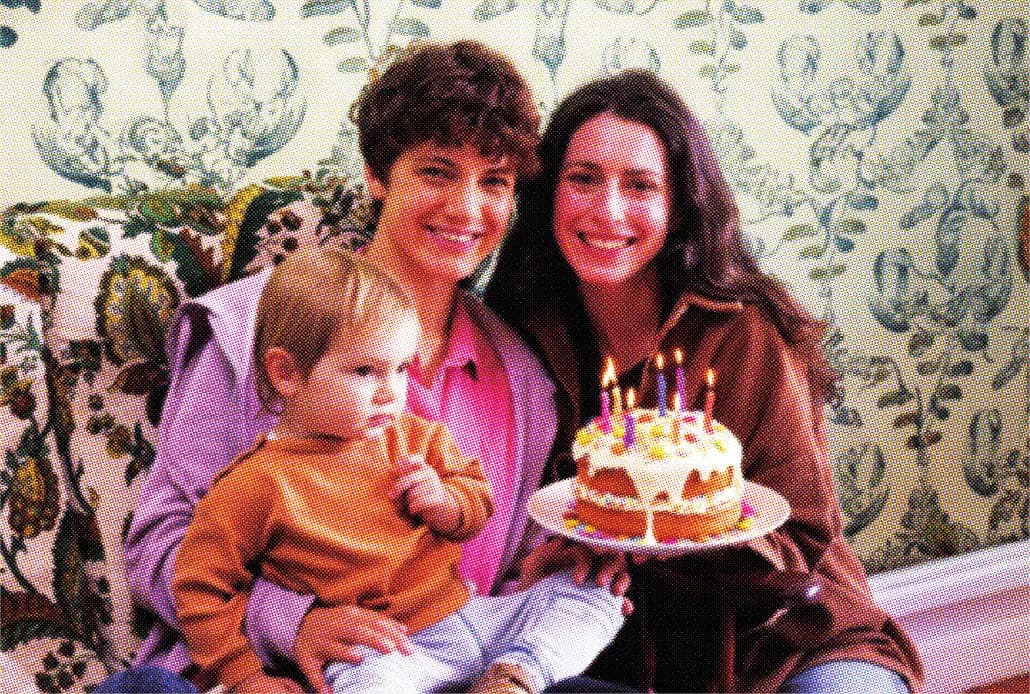
Talking about family violence in LGBTIQA+ communities can be really tough — but it’s important.
Everyone deserves to be safe, always.
Sometimes it’s hard to recognise when abuse is happening. It can take many forms, and some are not easy to spot.
Content warning: This article will describe different types of abuse and coercive control, including physical, sexual, emotional and financial. It will also discuss racism, homophobia and transphobia. If you’re looking for someone to talk to, you can reach out to QLife for LGBTIQ+ peer support
Types of Violence
Family violence includes any behaviour that hurts, scares, or controls a partner or family member — including chosen family or carers. It’s not just physical actions; threats count too. Violence is a choice and often part of a pattern of control.
It can include things like:
- Physical abuse (hitting, slapping, punching)
- Sexual abuse (unwanted touching or kissing, being forced to watch or take part in pornography, rape)
- Stalking or harassment (including online)
- Financial control (withholding or monitoring money)
- Isolating someone from friends, family, or community
- Threats or harm to pets
- Emotional or psychological abuse
- Spiritual or cultural abuse (like racist comments)
- Using systems against someone (e.g. threatening deportation or legal action)
- Threats to harm or kill (including threats of self-harm)
- Tracking or monitoring someone’s phone, or bombarding them with messages
In LGBTIQA+ Relationships
Some forms of violence are more common or unique within queer and gender-diverse relationships, such as:
- Threatening to “out” someone to family, friends, co-workers, or community
- Using someone’s gender or sexuality to shame, control, or hurt them
- Stopping someone from accessing medical care or destroying medication
- Pressuring someone to fit certain gender or sexual norms
- Dismissing or invalidating someone’s sexual orientation or gender identity
Accessing the Right Support
If something doesn’t feel right in your relationship — even if you’re not sure — you can talk to someone. There are people who understand and can help you work out what’s going on.
Barriers That Can Make It Harder to Reach Out
You’re not alone if reaching out feels hard. Many LGBTIQA+ people worry about:
- Not being believed or being blamed
- Fear of involving police (for themselves, their partner, or community)
- Experiencing discrimination or misunderstanding from services
- Thinking there’s nowhere to go for help, or fearing community backlash
- Feeling ashamed about what’s happening
What to Expect When You Contact a Service
When you reach out for support, you deserve to:
- Be listened to
- Be believed
- Feel safe
- Get clear information in ways you understand
- Have your choices respected
You don’t need to have everything figured out before calling. It’s okay to start by saying, “I’m not sure what’s happening, but I need to talk.” Services can help with safety planning, understanding abuse, and exploring your options.
They might offer:
- Emergency accommodation
- Outreach or counselling support
- Financial assistance
- Behaviour change programs
- Referrals to legal, health, or wellbeing services
If there’s a wait (for example, for counselling), they should check in with you about your safety while you wait.
There are both mainstream services that are inclusive, and LGBTIQA+-specific ones like Rainbow Door and Thorne Harbour Health, where staff have experience with queer and gender-diverse issues.
If a service discriminates or isn’t inclusive, that’s not okay — and it’s a breach of their duty. You can make a complaint (for example, through Family Safety Victoria).
Support Services
If you are in immediate danger:
Call 000 (emergency services).
24-hour crisis services (inclusive but not LGBTIQA+-specific):
- Safe Steps: 1800 015 188
- 1800 RESPECT: 1800 737 732
LGBTIQA+-specific services:
- Thorne Harbour Health — family violence case work, counselling, START behaviour change program
- Rainbow Door — helpline, risk assessment, referral, and safety planning
- Drummond Street Services (Queerspace) — LGBTIQA+ counselling
- Say It Out Loud — online info and service links
Other supports:
- Victoria Police — LGBTIQA+ Liaison Officers
- Men’s Referral Service — support for people using violence
- inTouch — multicultural and multilingual support
Support for Friends & Family
If you’re worried someone you care about might be experiencing family violence:
- Choose a safe, private time to talk
- Let them know you care
- Listen without judging or blaming
- Remind them the abuse isn’t their fault
- Share information about services, but let them take things at their own pace
And don’t forget to look after yourself — supporting someone in crisis can be emotionally heavy.
Safety Planning
A safety plan is a practical way to stay safer if things escalate — whether you stay or leave. It might include:
- Keeping your phone charged and accessible
- Setting up code words or signals with trusted people
- Knowing crisis services (like Safe Steps or 000)
- Packing essential items (ID, medications, money)
- Knowing safe exits and avoiding dangerous areas (like kitchens or bathrooms)
- Protecting your devices and online accounts
Children & Young People
- Children may be directly harmed or caught in the middle of abuse.
- Seeing or hearing violence is also a form of harm.
- Young people can be targeted because of their gender, sexuality, or expression.
- Even if violence is “hidden,” kids often know something’s wrong.
- Kids Helpline (1800 55 1800) is also available for children and young people.
If You Are Using Violence
Recognising that you’re hurting someone can be hard, but it’s an important first step. Signs might include:
- Needing to control decisions or people around you
- Blaming others for your anger
- Explosive outbursts
- Hurting someone physically or emotionally
- Feeling guilt or confusion about your behaviour
If this sounds familiar, help is available.
Support Services
If you are in immediate danger:
Please call emergency services (Police and Ambulance) on 000.
Crisis Services
These services provide 24 hour crisis support via telephone and webchat. They are not LGBTIQA+ specific services but are trained and recognise that family violence occurs in LGBTIQA+ relationships.
Safe Steps
Safe Steps is Victoria’s 24/7 family violence response centre. Provides specialist support services for anyone in Victoria who is experiencing or afraid of family violence.
Services include:
- Information and referral
- Crisis response
- Specialist family violence risk assessment
- Safety planning
- Access to supported crisis accommodation
Phone: 1800 015 188
1800 RESPECT
National confidential information, counselling and support service for family violence and sexual assault.
Phone: 1800 737 732
LGBTIQA+ specific family violence services
Thorne Harbour Health
Provides family violence case work and counselling services to LGBTIQA+ communities and delivers the START Men’s Behaviour Change Program for same sex and same gender attracted men (including transmen and masc identifying people) who use violence.
Open: 9am – 5pm, Monday to Friday
Phone: (03) 9865 6700
thorneharbour.org/relationship-family-violence/
Rainbow Door
A helpline for LGBTIQA+ community members and their family and friends to talk about what is going on for them. The helpline offers you a place to share your experience with a peer family violence support worker. Services include phone support, information, risk assessment, safety planning and referral.
Open: 10am – 5pm, every day
Phone: 1800 729 367
Text: 0480 017 246
Email: support@rainbowdoor.org.au
Drummond Street Services (queerspace)
Provides a variety of counselling service options to the LGBTIQA+ community.
Open: 9am – 5pm, Monday to Friday
Phone: (03) 9663 6733
Say It Out Loud
Online information for LGBTIQA+ people about healthy relationships and links to state-based support services.
Where to
find support
Looking for someone to talk to?
Find peer groups, community organisations and referral pathways for LGBTIQ+ women and gender diverse people.
